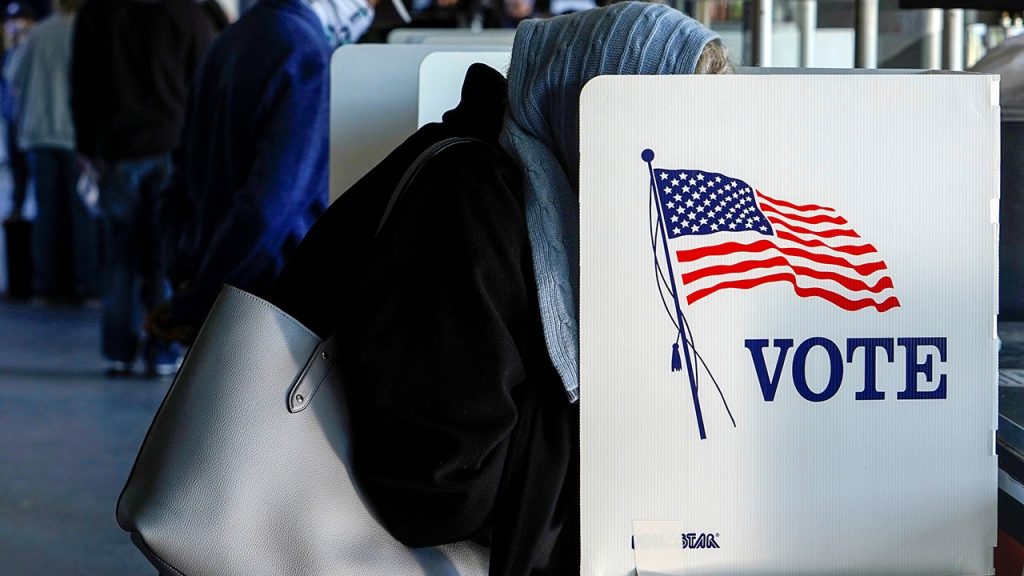The Arizona Supreme Court has ruled that nearly 98,000 individuals whose U.S. citizenship has not been confirmed will be allowed to vote in the upcoming state and local elections. This decision was made after a “coding oversight” in the state’s software led to a database error questioning the citizenship status of 100,000 registered Arizona voters. The error primarily affected individuals who obtained their driver’s licenses before October 1996 and received duplicates before registering to vote after 2004. The state’s Democratic Secretary of State, Adrian Fontes, announced plans to send out ballots to those affected despite the discrepancy in citizenship status.
Fontes and the Republican Maricopa County recorder, Stephen Richer, disagreed on the status these voters should hold following the oversight. Fontes stated during a news conference that the error was discovered during routine voter roll maintenance and emphasized that there was no evidence of illegal voting or attempts to vote illegally by the affected individuals. Richer, on the other hand, filed a special action with the state Supreme Court seeking clarification on the matter. He believes that these registrants have not met Arizona’s requirements for documented proof of citizenship and should be limited to voting a ‘FED ONLY’ ballot.
The revelation of the coding error comes at a time when Arizona Republicans and conservative groups have been advocating for stricter voting measures that mandate proof of U.S. citizenship to participate in both state and federal elections. Arizona’s swing state status, combined with the fact that it went blue in the 2020 presidential election, adds significance to this issue. The state’s political landscape, marked by ongoing battles over voting regulations, enhances the controversy surrounding the Supreme Court’s decision to allow nearly 98,000 individuals with unconfirmed citizenship to vote in the upcoming elections.
The case sheds light on the importance of accuracy and oversight in voter registration databases, especially in states like Arizona where political polarization and debate over voting laws are prominent. The fact that a coding error could potentially impact the election results underscores the need for thorough reviews and validation processes to ensure the integrity of the voting system. This incident also highlights the complexity of state regulations regarding proof of citizenship requirements for voter registration and the potential legal disputes that can arise when interpreting and enforcing these laws.
Despite the disagreements and legal challenges surrounding the citizenship status of these 98,000 voters, the Arizona Supreme Court’s ruling stands, allowing them to participate in the upcoming state and local elections. The decision showcases the court’s interpretation of the state’s voting laws and its determination to uphold the right to vote for these individuals. As the debate over voter eligibility and citizenship requirements continues in Arizona and other states, this case serves as a reminder of the ongoing controversy surrounding voting rights and the need for clear guidelines and procedures to ensure fair and accurate elections.


